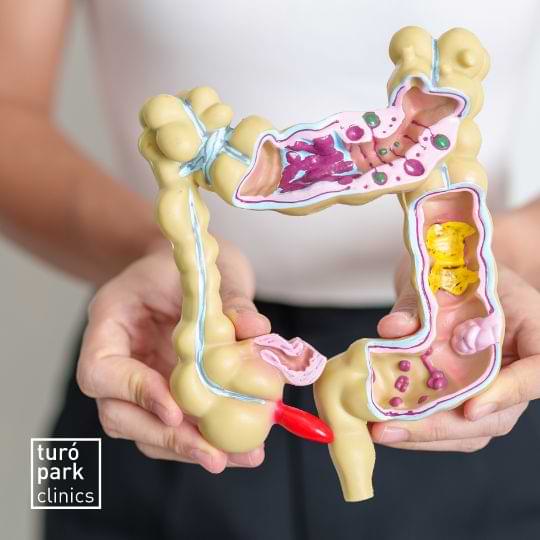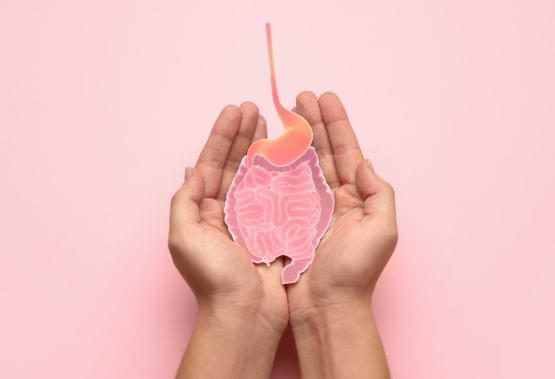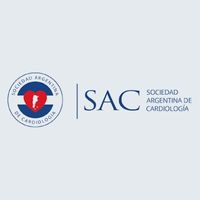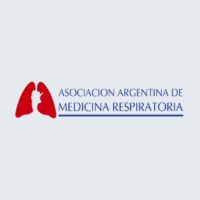Are you looking for a digestive system specialist in Barcelona?
Understanding and caring for your digestive system is essential to maintaining overall wellness and improving your quality of life.
Our specialised team is here to help you keep your digestive system healthy and provide you with the best treatment when you need it.
What is Digestology?
Gastroenterology, also known as digestology, is a medical speciality dedicated to the study, diagnosis and management of diseases related to the digestive system. This speciality is very broad as it includes the oesophagus, stomach, small intestine, colon, liver, pancreas and gallbladder. The digestologist specialises in identifying and treating problems affecting these organs.
Accelerate your treatment
To book an appointment or speak to one of our friendly team, please contact us via the options below.

The Digestive System
Functioning of the Digestive System
The digestive system is responsible for processing the food we eat, breaking it down so the body can absorb nutrients and eliminate waste. It includes several organs, each with a specific function, that work together to keep your body functioning optimally.
Common problems when it malfunctions
When the digestive system is not functioning properly, a variety of symptoms may arise, such as indigestion, heartburn, abdominal pain, flatulence, constipation, diarrhoea, among others. These symptoms may be indicative of more serious conditions that require medical evaluation.
Importance of Gastroenterology
Consultation with a gastroenterologist is crucial when symptoms of the digestive system become persistent or severe. This specialist is trained to make accurate diagnoses and treat conditions that are often complex and multifactorial.
What are the most common diseases of the Digestive System?
Diseases of the digestive system represent one of the leading causes of morbidity in the world and have a significant impact on people's quality of life. They include a wide range of conditions affecting everything from the mouth to the intestine and liver.
Some of the most common diseases include:
Irritable bowel syndrome (IBS) is a disorder that affects the normal functioning of the bowel, causing symptoms such as abdominal pain, gas, bloating, diarrhoea or constipation. Although it does not cause permanent damage or complications, it can be very irritating on a day-to-day basis and affect quality of life.
Helicobacter pylori is a bacterium that can infect the stomach and cause gastritis or peptic ulcers. The infection is treated with antibiotics and medicines to reduce stomach acid. In the long term, it can increase the risk of gastric cancer if not treated properly.
Coeliac disease is an autoimmune disease in which the body reacts to gluten, a protein found in wheat, barley and rye. This reaction damages the small intestine, causing digestive symptoms and other health problems that can be more serious. Treatment involves a strict gluten-free diet.
Food intolerances occur when the body has difficulty digesting certain foods. The most common include lactose, fructose or sorbitol intolerance. Symptoms may include bloating, gas, diarrhoea or abdominal pain, and treatment usually involves avoiding the foods that cause reactions.
Digestive ulcers are open sores that develop in the stomach or duodenum, usually caused by the bacterium Helicobacter pylori or long-term use of anti-inflammatory drugs. Symptoms include burning pain in the abdomen or digestive bleeding. Diagnosis and treatment usually require gastroscopy, medication and dietary changes.
Hepatitis is an inflammation of the liver, which can be caused by viral infections (such as hepatitis A, B or C), excessive alcohol consumption or other toxic substances. Symptoms may include jaundice, fatigue and abdominal pain. Treatment depends on the type and severity of hepatitis.
It occurs when there is an excess of bacteria in the small intestine. This can lead to symptoms such as bloating, gas, diarrhoea, malabsorption of nutrients and abdominal pain. SIBO can be caused by various conditions that affect the motility of the gut or the balance of bacteria. Treatment usually involves antibiotics, probiotics and dietary changes to control bacterial growth and improve digestive health.
- Functional disorders are problems that affect the functioning of the digestive system without evidence of organic disease. Diarrhoea and constipation are common examples. They may be caused by stress, diet or other factors. Treatment focuses on symptom relief and lifestyle adjustment.
Why consult a Gastroenterologist?
It is advisable to consult a gastroenterologist if you experience symptoms such as: persistent abdominal pain, changes in bowel habits, rectal or stool bleeding, frequent nausea or vomiting, indigestion, unexplained weight loss, difficulty swallowing, jaundice (yellow skin or eyes).
If you have any concerns about your digestive health, it is best to seek professional advice as soon as possible.
With a focus on accurate diagnosis and effective treatment, we are here to take care of your digestive health.
We take care of your digestive health.
If you are experiencing symptoms or are concerned about your digestive health, don't wait any longer.

What to expect on your first visit
During your first visit, we will conduct a thorough assessment of your symptoms, necessary physical examination and medical history. Depending on your needs, we may perform additional tests, such as blood and/or stool tests, endoscopy or imaging studies. You will then be provided with a personalised treatment plan to address your specific problems.
Our multilingual gastroenterologists

Our answers to the most frequently asked questions about gastroenterology and the digestive tract
What should I bring to my first visit to the gastroenterologist?
Are common digestive problems serious?
How can I prepare for an endoscopy?
Can I see a gastroenterologist without a referral from another doctor?
Does gastroenterology only treat the stomach?
Medical societies and organisations

































